|
Reviewing notes from my first Cultural Identity class in January 2015 with professor Deirdre Visser, here were some key points that stood out to me this week: Part of respect is having difficult conversations (respectfully) "Power is an elimination of all other options." Anne Bogart If you have power/privilege, then if you experience equality, it appears as a loss Power/privilege are not fixed, but context dependent Lab rats and mice treated with intelligence with act with more intelligence Easier to be aware of stereotypes that are associated with ourselves than others Collectively, understandably support, advance and challenge each other to grow Challenge ourselves Generative discomfort is positive Always grateful for the radical education I got at my MFA program at California Institute of Integral Studies that challenged and opened my perspectives on power and privilege as an artist. Right now in my work I'm looking toward how I can further push out of my comfort zone, and reminders like these are touchstones to collect as I'm forming my next project. Thank you, Deirdre!
How are you challenging yourself right now? How are you breaking out of your comfort zone? What are your collecting as you cultivate your next project? Happy listening, collecting and generating, Happy finding comfort in discomfort, And happy spring, H
0 Comments
Art is communication. A way of figuring out the world. Ourselves. The universe. A way of exploring who we are, when, where... Art is looking at the world using all the senses. It is survival. Opening up. Art is the aim toward truth. Expressing longing and grief and hope and laughter. And all the states of body/mind/spirit/heart. Art is finding connections. Finding meanings. Art is making decisions on what the world is, taking action on what to do about it. Art is listening. Breathing. Reducing. Making. Practice. Process. A mirror to hold up to ourselves to the world. Reflection. Art is curiosity. Falling. Engagement. Art is cracking open questions, never answering them. Or answering with more questions. Discovering a question and then chasing after it forever. Art is a jump into the unknown. A three year old pair of eyes asking why. What is art to you? What does it mean to you? Why do you need it? What does it give you? What would your life be without art? I realize that if the National Endowment for the Arts was eliminated by the Federal budget, this would not eliminate art as a whole from the United States. Artists will keep creating no matter what. The substantial budget cuts proposed would however, eliminate a substantial support system for artists and all of our communities. This would impact whole foundations, organizations and some of your favorite people and places. Whole cities, districts, in a disastrous domino effect. This could send a lot of us into more unstable financial times, which for any artist, are likely wobbly already. Most of all, these budget cuts will substantially impact your life, whether or not you're an artist. Your community. Here are ways they'd impact the state where I live. This video gives a juicy reminder (with statistics) on how the arts gives back. Art is not a taker. Don't take from the arts. Feeling like you want to give back right now? Find a way to support the NEA in this uncertain time, and an individual artist in your community. Thank you! And do write or comment with your own aesthetic definition, what art means for you, and how it impacts your life. I'd love to hear your heart! Most importantly, artists, I hope you keep making and diving into your curious engagements. I know you will. What you do is important. It doesn't cost much. And it gives a whole lot. Keep creating impact as you define what art means to you. I wrote this for the NEA Tell Us Your Story project, a way the National Endowment for the Arts (NEA) celebrated its 50th anniversary in 2015 -- the anniversary of the signing of the National Foundation on the Arts and the Humanities Act of 1965, which created the NEA and and the National Endowment for the Humanities. This piece may or may not get posted, as graduate school responsibilities kept me from writing and sending in a timely manner. But with the NEA and NEH under threat, I feel it important to share this story here now. The arts are not a luxury. They are the lifeblood of our humanity. For many of us, they are a lifesaver. In under 700 words, here's a few details on how how the arts saved my life, and continue to save my life daily. Thanks for reading. Creating was an integral part of my childhood. Music. Drawing. Imagination games. Stories. Reading. Writing. Dancing. Children are creators. I latched onto that joy. At 12, I knew I was a writer. I kept at that title, taking flourishing stabs at poems and stories, an individual figuring out her voice. Things happened to me in adolescence, as happen to many. Suicidal depression. Self-harm – cutting, burning, punching walls. Eating disorders – anorexia, bulimia. Major anxiety. Wild mood swings. Writing was hard those days. I judged what I wrote, editing more than getting words down. Mental illness pulled me out of school multiple times. I had huge dreams – big college, international travel, overwhelming creative pursuits – but a budding schizo-affective disorder and my disastrous eating disorder took me to a treatment center instead of college after high school. Once released from the treatment center, I talked my way out of a group home and a psych ward. My family helped me through. So did art. Those days, I was so medicated I couldn’t read. I all but forgot how. Writing felt impossible. I was afraid to leave the house. But I painted in our kitchen. Nothing great. But it wasn’t about good. It was getting down textures and colors, trying to let go of judgment. I played guitar in the same way, not to find perfection, writing songs about my mood, voices, visions, heaviness and panic. Nothing good or great. Stuff coming out of me. After months hanging out, painting and strumming, learning how to eat again, my mom saw I needed more pushing. I couldn’t stay at home living off her all my life. She gave me an ultimatum: part time job, college or permanent disability. First I tried the disability route. The interviews scared me like the interview at the psych ward when I said I changed my mind, I’m not suicidal. Then I tried the job. No one wanted to hire me. Finally I got into a class at Boise State University, an Intro to Theatre class. I did terribly. Drooling, overmedicated, couldn’t concentrate. I thought I’d fail my first class ever. I’d always been a good student, even when my brain made it hard. Failure seemed a grade of forever hopelessness. Still, I pressed on and did the work. The professor saw something in me. I got an A. That class led to more, theater classes mostly. I became a Theatre Major, emphasizing in playwriting and design. I wanted to create a new way for me. Going to school, writing, working in props departments at local theaters, I learned how to share again. Sure I was weird, even for a theater kid, but as long as I was contributing and active, it was okay for me to be me. I still needed meds. Their side effects undid me. I had episodes regularly. But I was writing, learning what playwriting was, what theater was: a life study teaching all of us how to be human. Studying theater saved me from a life of hospitalized nothingness and early death. After graduating, I got work and projects, but went through downward spirals mentally, weaning off meds. Worse, I found an abusive partner who took me from everything I built up, away from my family and friends, sold everything I had, impoverished me to my worst point ever. But I was writing. I started writing every day, without thinking or trying to make it good, without editing or judging, filling a notebook a month. Eventually I read what I’d been writing. I saw the choices I was making, the abuse I lived. I built up courage. I left that man. I started rebuilding my life again. Working creatively in theater and music, writing more than ever. Year by year, I found work as a playwright, as a teaching artist, found the graduate program for me, wrote everything I could get my hands on and found more success than I thought possible. More importantly, I found health. Self-care. I still get trouble in my brain, but I learn how to cope and how to be. Writing is my lifeline. I can find calm, unmedicated, living by creating, learning and sharing. Art is my stability. Now, I often feel like a completely different me than the one I was fifteen, ten, or even five years ago. I'm grateful I get to write and make theater and make plays and teach my craft daily. I'm lucky to work with several organizations that benefit from the NEA'S funding, or funding that is bolstered by the NEA. These organizations keep me fed and able to survive as an artist in a country that already spends a laughable amount on arts organizations. Leaders. Please don't hurt my chances at a thriving life, or those of the many artists, students, thinkers, hopers, dreamers and innovators who make this country and world better every day because of organizations that enrich our understanding of what it means to be human and live on this planet. Save the NEA. The NEH. Public Broadcasting. Save our communities. Protect the arts, don't defund them. They save us more than we can monitor -- and they don't cost much. Fighters. Humans. Artists. You're not alone. This is not a done deal. We can rise up against this. Here's a few ways. Here's another. And what are you doing to act that I don't know about? Let me know, maybe I can help. Thank you, NEA and all you organizations I love, for making life better for me and everyone I know all the time. Thank you, artists, for doing what you do. It's important. Don't let anyone tell you otherwise. We've got to give each other all the good we can. Your art makes this world better. Keep doing it, please. XOXO and so much love, H As I'm allowing new ideas and inspirations to permeate, looking forward to spring bringing more time to create new material (and put the material I'm creating together to find form), I'm finding joyful sparks remembering wisdom from artistic giants, and retracing inquiry journeys to help me follow my interest. 3 Reminders from Anne BogartWhat does the potential of everything look like? Feel like? "We are born in terror and trembling. In the face of our terror before the uncontrollable chaos of the universe, we label as much as we can with language in the the hopes that once we have named something we no longer fear it. This labeling enables us to feel safer but also kills the mystery in what has been labeled, removing the life and danger from what has been defined. The artist's responsibility is to bring back the potential, the mystery and terror, the trembling, back." From A Director Prepares, the (art through) Eroticism chapter A way of discovering what guides us as artists: 1. Something or someone stops you in your tracks 2. You feel "drawn" to it. 3. You sense its energy and power. 4. It disorients you. 5. You make first contact. 6. You experience extended intercourse. 7. You are changed irrevocably. On the power of creative articulation: "The artist becomes the creature of the future through the violent act of articulation." From PicassoWhat did you find? What are you looking for? "An artist is somebody who finds something and then goes looking for it." From Suzan-Lori ParksOn writing (and speaking) the thing you need to say: "You should write it down because if you don't write it down then they will come along and tell the future that we did not exist. You should write it down and you should hide it under a rock."
|
Like what I'm posting? You can leave me a tip!
$1, $10, $100, whatevs :) Heidi KraayProcess notes on a work in progress (me). This mostly contains raw rough content pulled out of practice notebooks. Occasional posts also invite you into the way I work, with intermittent notes on the hows and whys on the whats I make. Less often you may also find prompts and processes I've brought to workshops, as well as surveys that help me gather material for projects. Similar earlier posts from years ago can be found on: Archives
April 2024
Categories
|
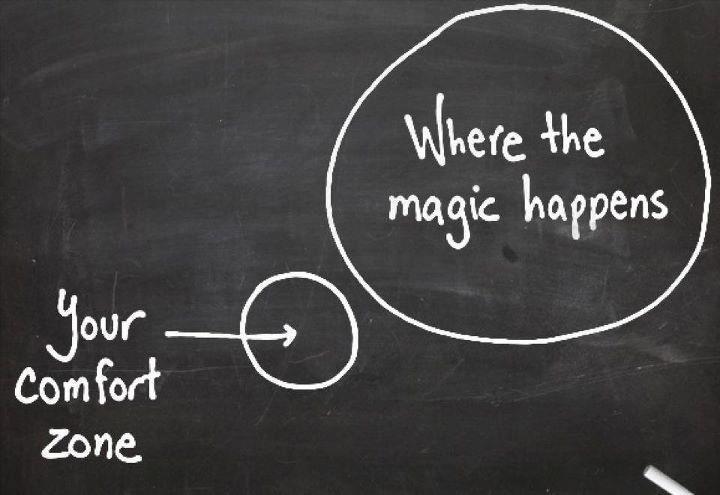
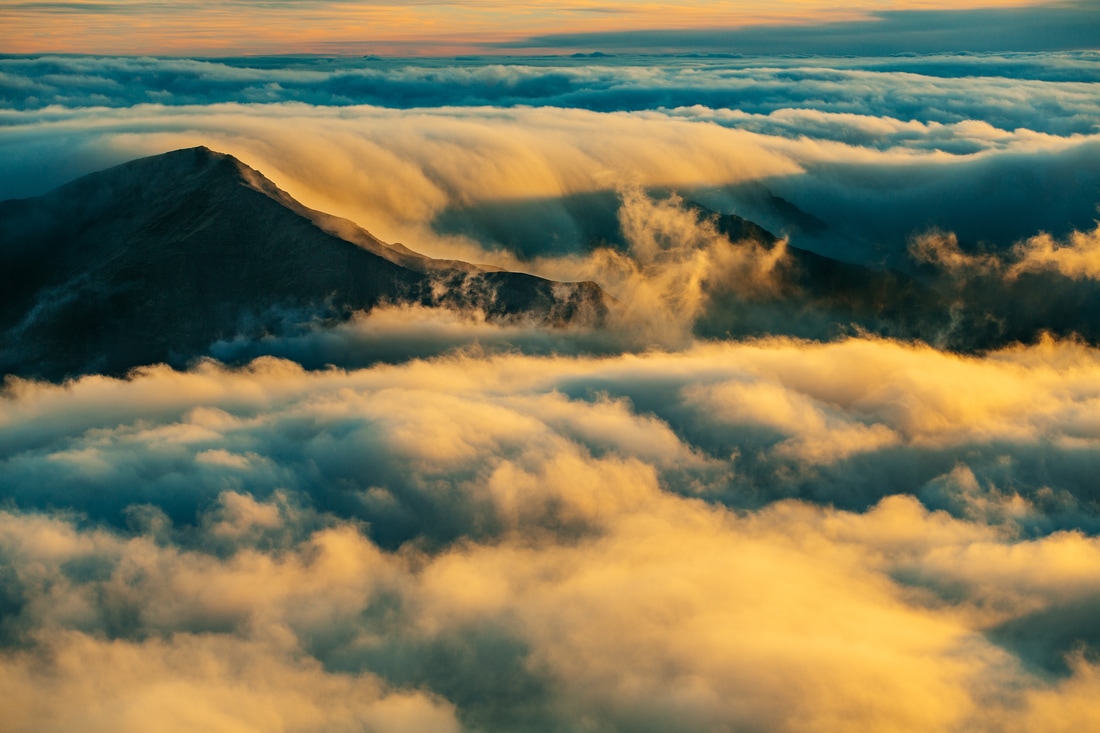
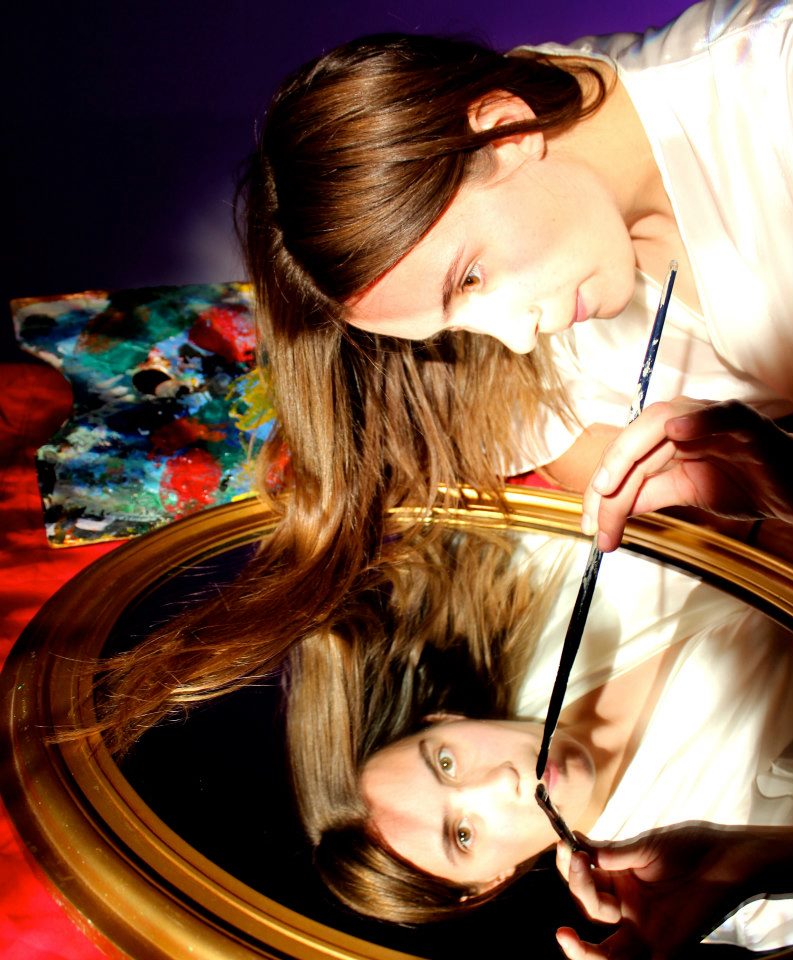
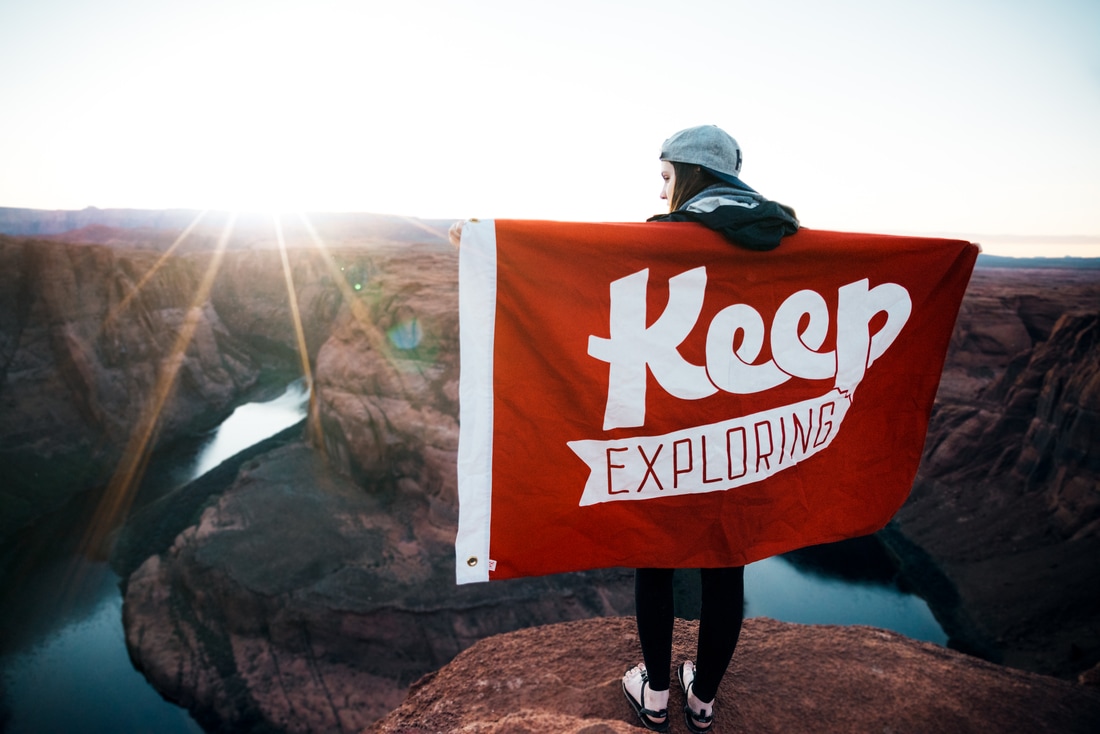
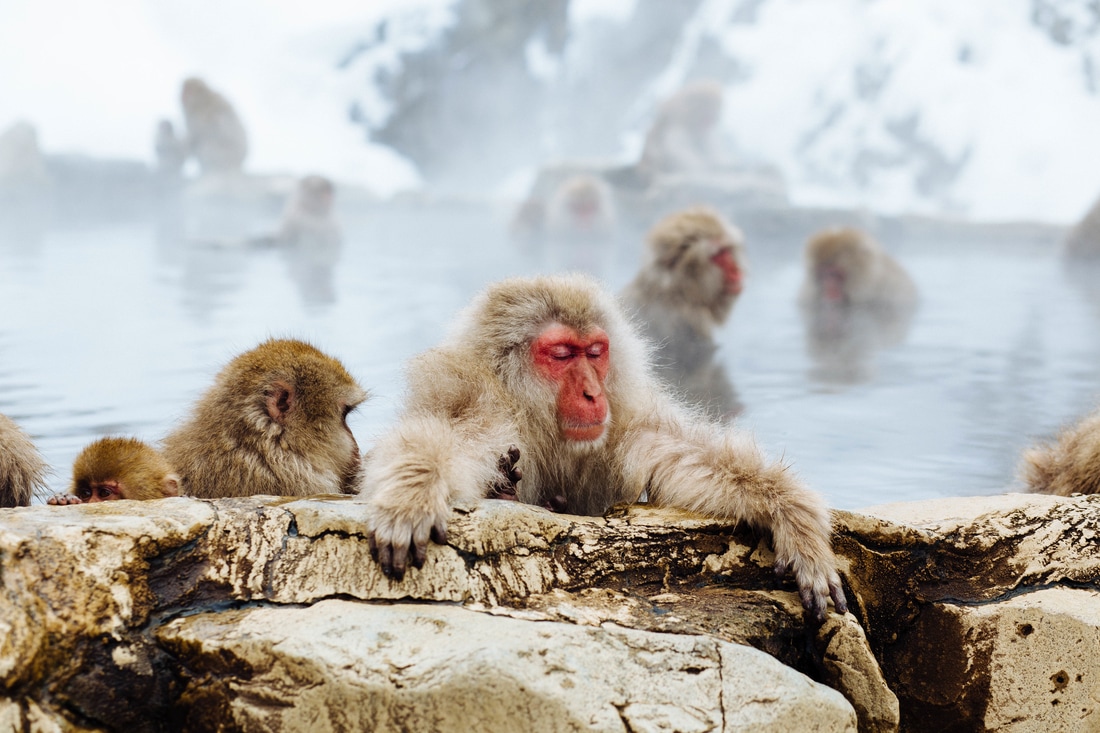
 RSS Feed
RSS Feed